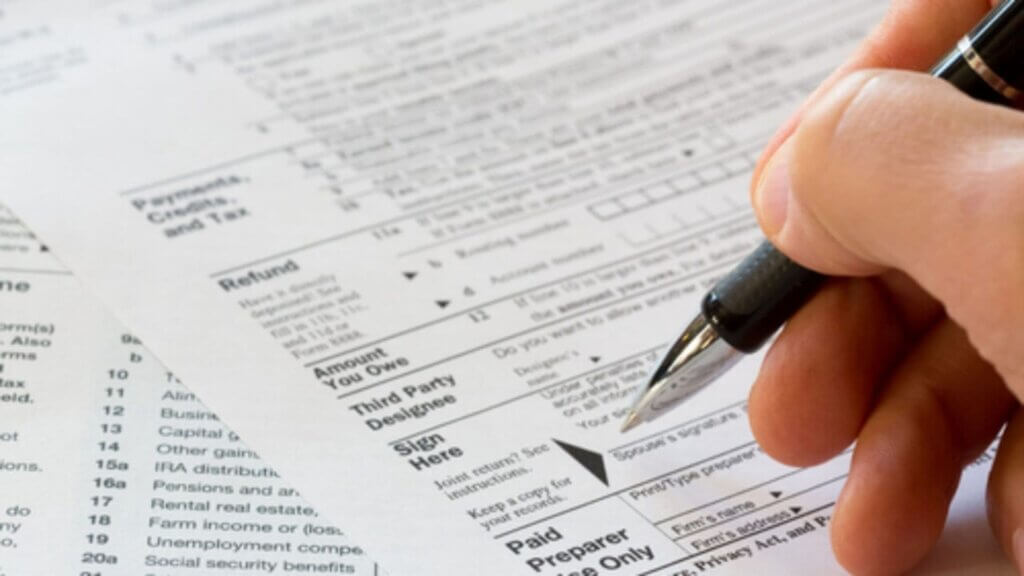
Michigan state income tax is a flat 4.25%, and like other states, it must be paid by everyone who earns Michigan-sourced income. This includes those who live in Michigan and have Michigan taxes withheld from their paychecks, as well as non-residents who work in Michigan or earn money through activities such as gambling at a licensed casino or playing the lottery. Michigan taxpayers can pay their state income taxes through the eCheck payment system, which withdraws funds directly from your bank account and charges no fee. Taxpayers can also make payments using a credit or debit card.
If you are behind on your tax payments, you can set up a streamlined installment agreement through the Collections e-Services payment system. This system can be used to make payments for current and prior year taxes that are due, or it can be used to make estimated tax payments for the next year. You must have an assessment number from an Intent to Assess or Final Bill for Taxes Due notice in order to use this system. Make payments by check payable to the “State of Michigan” and include your assessment number in the memo portion of the check.

How to File Michigan State Income Tax?
Michigan requires all wage-earning individuals to file a state income tax return. This includes residents of the state as well as nonresidents who work in Michigan. In addition to the Michigan state income tax, local taxes may apply. The city of East Lansing, for example, imposes a 1% local income tax.
To file a Michigan state income tax, fill out Form MI-1040. You can download the form from the Department of Treasury website or at many public libraries, Northern Michigan post offices, and the state’s departmental offices. A taxpayer must pay the full amount of their state income tax by the annual deadline to avoid interest and late-payment penalties. If you need more time to complete your return, you can request an extension by filing Form 4.
Some of the most common deductions available in Michigan include the standard deduction, personal exemption, and property tax credit. In addition, the state offers special credits for veterans and the blind. The State of Michigan also has a “Where’s My Refund?” tool to help taxpayers track their refund status.